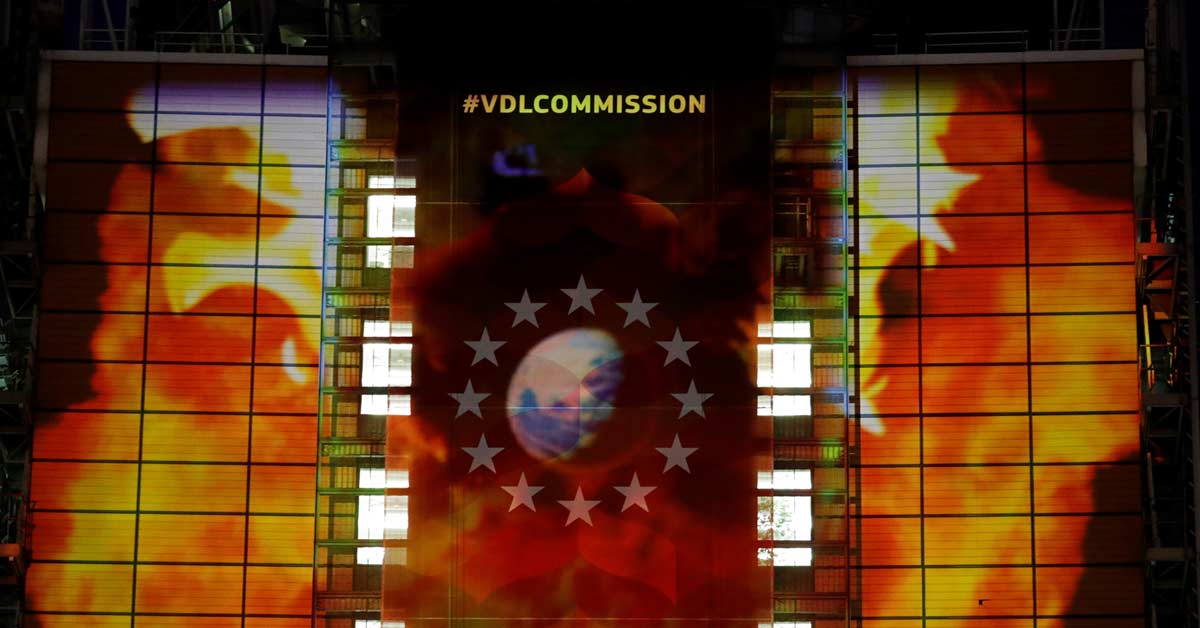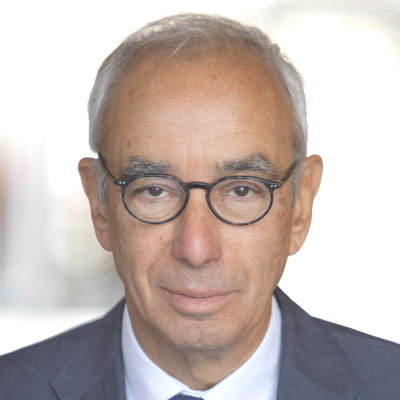In a recent survey, 52 percent of French citizens cited their purchasing power as a major concern. Only 29 percent mentioned the environment, putting this issue roughly on a par with the health system (30 percent) and immigration (28 percent). Given this background, it is no surprise that the transition to a climate-neutral economy does not feature prominently in the current French presidential election campaign.
With the start of the war in Ukraine, the French may – for once – discuss foreign affairs and security in the run-up to the vote. But, despite widespread worries about climate change, more immediate economic concerns risk relegating climate policy to the fringes of the political debate.
That is unfortunate, because France, along with the rest of the European Union (EU), has committed to nearly halving its greenhouse-gas (GHG) emissions by 2030 – a threefold increase in the speed of emissions reduction compared to the last decade.
Whether France meets this extraordinarily demanding target will depend on actions taken on the winning presidential candidate’s watch. Even approaching the goal will require an accelerated transformation affecting all sectors and every aspect of economic and social life.
In a properly functioning democracy, therefore, immediate climate action would be at the top of the campaign agenda. But the presidential candidates on the left, who emphasize the need to address climate change, trail in the polls by a wide margin, while those on the right prefer to shun the issue, or even advocate halting the installation of wind turbines on the grounds that they blight the landscape. The only significant discussion focuses on the relative shares of nuclear and renewables in 2050 – an important choice, but not one that will determine if France meets its 2030 target.
Not every EU member state is so indifferent. For example, climate action featured prominently in the campaign preceding Germany’s September 2021 general election, and the resulting coalition agreement devotes 40 pages to it.
But in most countries, the surge in energy prices since last autumn and the resulting rise in inflation have elicited public anger and have diverted policymakers’ attention from longer-term concerns. Governments everywhere have rushed to introduce various patches in the hope of stemming the rise in the price level. According to a survey by Bruegel, many in the EU have reduced energy taxes or levies, thus de facto lowering the price of carbon at a time when they should be contemplating how to increase it.
This situation raises three questions. First, what explains the current short-sightedness on climate? Second, how should governments react? Third, is there a way to keep democratic debates focused on choices that will define the future?
Today’s short-sightedness may appear puzzling, if only because the best protection against high energy prices would be to reduce reliance on fossil fuels. It is tempting to attribute the prevailing myopia to the growing dominance of social media and the erosion of established political institutions such as political parties.
But there are economic reasons, too. Since the 2008 global financial crisis, many European households have experienced a train of hardships. Although their income has generally been protected from the fallout of the COVID-19 shock, their standard of living has barely increased since the onset of the 2008 crisis.
With the rise in energy prices, those struggling to make ends meet have suffered a further blow to their purchasing power. And better-off households whose financial wealth consists of savings accounts have seen the return on their assets tumble because of ultra-low interest rates. With inflation surging, they now fear an erosion of their savings’ real value.
Energy-price instability is probably here to stay – and may increase. Even abstracting from geopolitical turmoil, the transition from brown to green energy is unlikely to be smooth. The reallocation of capital from fossil fuels to renewables will be a messy process that will entail phases of energy shortages as well as periods of excess supply.
Governments should therefore prepare for these scenarios. Specifically, they should be clear about their climate goals, endorse and announce a gradual increase in the (explicit or implicit) price of carbon, and provide substantial investment support to those who cannot afford the capital cost of insulating their house or buying a new car. No one should be shielded from the change in the relative price of energy, but no one should be deprived of the means to adapt.
It is also governments’ role to insure vulnerable households against energy-price increases. They should do it through means-tested schemes that target the lower end of the income distribution, but do not insulate all consumers. Again, such insurance must not weaken incentives to invest in housing renovation or new equipment. Because investment support and insurance against price fluctuations should help households to see through the fog of instability, policymakers must clearly explain the two goals and ensure that the corresponding instruments are distinct.
The third question is a more difficult one. A society’s ability to identify longer-term challenges and concentrate its efforts on solving them depends on several conditions. Honesty (about the challenges, and the costs of addressing them), clarity (about policy choices), transparency (about the implications of policies), and fairness (in the distribution of the corresponding burden) are indispensable. But they are not sufficient.
Climate action will take hold and galvanize voters only if hope replaces fear. Citizens (in Europe, at least) do not need to be lectured about climate threats anymore, but instead need to be told convincingly, “Yes, we can.” They must stop seeing themselves as victims of climate change or of the fight against it, become actors in the coming transformation, and find a role in building a better future.
This is a tall order in post-truth societies where trust in institutions is at a low ebb. But whoever succeeds in building such momentum will reap a commensurate political reward.

